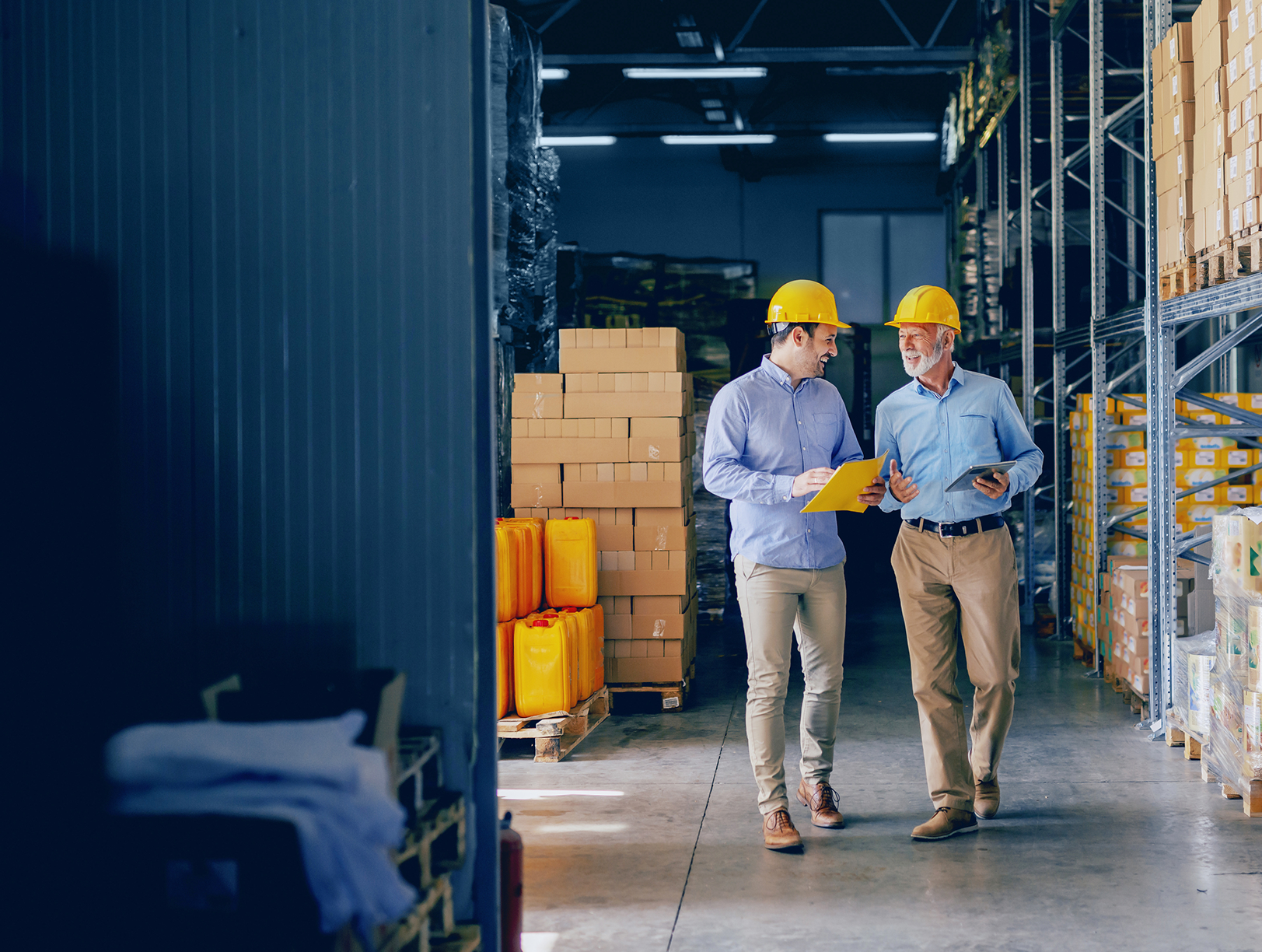Generative AI In Action
by Brian Everett, on Sep 20, 2024 4:25:59 PM

 “There’s a lot of fear about AI and unnecessarily causing a lot of alarm in the supply chain community,” says Ken Golberg, Distinguished Professor of Engineering & Chief Scientist, UC Berkeley & Ambi Robotics, and speaker at the recent Food Shippers Annual Conference in Orlando.
“There’s a lot of fear about AI and unnecessarily causing a lot of alarm in the supply chain community,” says Ken Golberg, Distinguished Professor of Engineering & Chief Scientist, UC Berkeley & Ambi Robotics, and speaker at the recent Food Shippers Annual Conference in Orlando.
Go down the AI rabbit hole online and you’ll come across arguments about how generative AI image generators or content producers are unethical because they mimic the style and capabilities of real artists. However, in the supply chain world the ethical implications are much less sticky. Suppose an AI solution can learn from thousands of historical decisions made by real-world supply chain practitioners. Then, automating fundamental supply chain and logistics functions in an industry facing a years-long talent shortage becomes possible, according to Goldberg.
AI won’t change food chain management overnight, but we should see steady technological progress in the next few years, he adds.
What Is Driving the Evolution of AI?
The world of transportation, logistics and supply chain is a well-established industry and this marketplace has gone through all the paradigm shifts that technology has driven, according to Christoph Burkhardt, Founder of Burkhardt Group and AI evangelist who recently spoke at the Transportation Intermediaries Association Capital Ideas Conference in Phoenix, AZ. Editors at Food Chain Digest caught up with him there.
 “The question is not whether or not to go through the door of AI, but rather how and when,” he says. “One of the major drivers of applied AI cases you see right now is what humans want in the interactions with other humans. If you figure out AI is a solution to a problem it can solve, and that problem is relevant to you, you will use AI to solve that problem.”
“The question is not whether or not to go through the door of AI, but rather how and when,” he says. “One of the major drivers of applied AI cases you see right now is what humans want in the interactions with other humans. If you figure out AI is a solution to a problem it can solve, and that problem is relevant to you, you will use AI to solve that problem.”
“Every time a new technology comes around, we adapt,” continues Burkhardt. “But the whole game is evolution – which means it’s the fittest idea that will evolve at that moment in time. And somehow in this game, we make progress.”
Will smart machines take over much of our work or learn to behave like humans? Are we replacing ourselves by automating everything we can automate? “We are the only species that constantly surprises itself with new technologies, new tools, new insights and most of all surprises itself with the application of all that knowledge we gather,” explains Burkhardt.
“Today, we are looking at a world in which AI-powered robots look and behave more and more like humans,” he continues. “Whether we like this or not it’s happening. Like any other technology-driven development it is not a question of how we can stop the robots, the real question is how we will respond to them being part of our lives.”
Related Articles:
- Wendy’s Co-Op Leverages AI and Supply Chain Digitalization
- Supply Chain Harmonization at General Mills
- Sam’s Club: Artificial Intelligence in the Supply Chain
- Coca-Cola Explores Use of AI to Streamline Operations, Boost Efficiencies
Like this kind of content? Subscribe to our "Food For Thought" eNewsletter!
Now more than ever, professionals consume info on the go. Distributed twice monthly, our "Food For Thought" e-newsletter allows readers to stay informed about timely and relevant industry topics and FSA news whether they're in the office or on the road. Topics range from capacity, rates and supply chain disruption to multimodal transportation strategy, leveraging technology, and talent management and retention. Learn More



